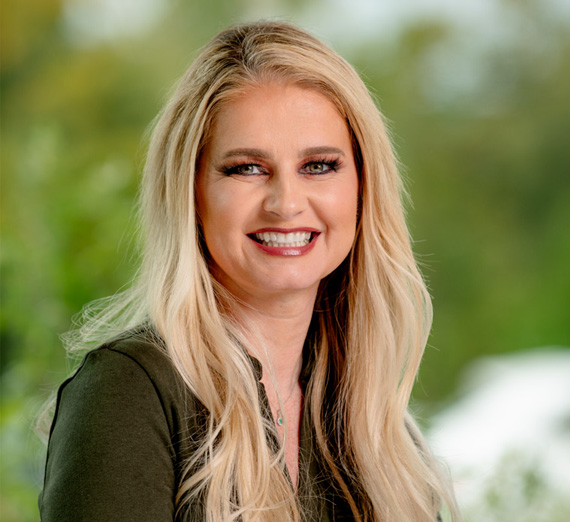The Debate Over Sex Education and Its Consequences

Public battles over , often framed around “,” have become more intense in recent years.
Behind the loud debate lies a quiet contradiction. Many parents who say sex education should be taught only at home don’t actually provide it there, either.
As a , I found that parents strongly opposed to in schools were the least likely to discuss health-promoting concepts such as consent, contraception, gender identity and healthy relationships. I discuss similar themes in my book, “.”
delays sexual activity, increases contraceptive use and reduces teen pregnancy and sexually transmitted infection rates. It has a complex history, but has long .
In recent years, however, old debates over have taken a sharper turn.
In June 2025, the Trump administration ordered California to from sex education lessons or risk losing over US$12 million in federal funding.
This directive is part of a . Since the early 1980s, has existed at the federal level under Reagan with the . In recent years, however, a wave of , often driven by , has tried to limit what schools can teach about sexuality.
The parents’ rights movement
In 2023, Florida its , to extend limits on discussing sexual orientation and gender identity to all K–12 grades. The law states that sex can be defined only as strictly binary, limits discussions of gender and sexuality, imposes rules on pronoun use and increases school board authority over curricula.
Other states, including , , and , have imposed similar restrictions.
Local school boards in states such as Florida, Idaho, Tennessee and Utah have , cut health courses and banned books with LGBTQ+ themes. Conservative, local school boards are nationwide even though the vast majority of Americans in public schools and are confident in public schools’ selection of books.
Who’s having the talk?
As laws limit teaching about sex, gender and identity, I wanted to explore whether parents are stepping in to fill the gaps.
Â鶹¹ÙÍø 10% of the surveyed parents said sex education should happen only at home. Those parents were also most likely to say they “almost never” or “never” discussed sex, sexuality and romance with their children.
The survey also found that parents who opposed comprehensive sex education were more likely to believe , such as the idea that talking about sex encourages early sexual activity and that condoms are not effective.
These preliminary findings align with a robust body of peer-reviewed literature suggesting that parents who are more resistant to school-based sex ed are also and to have open, informed conversations at home.
These findings point to a gap between expert recommendations and what parents do.
At the federal level, the Trump administration . The administration also expanded funding for , despite .
Risks rise without education
A found that nearly half of teens report learning about sex online, with pornography among the top sources.
Research indicates that even when schools and families avoid topics related to sexuality, . Yet, advocacy groups such as Moms for Liberty of what it considers “age-inappropriate” or “sexually explicit” materials from classrooms and school libraries.
The absence of structured, accurate education likely has .
Mississippi, Alabama and Arkansas have some of the . Yet, these states are also among those with the most restrictive sex education policies and .
These communities also face , and . The combination deepens .
LGBTQ+ youth are to sexually transmitted infections and related health challenges. This in regions with limited access to inclusive education.
A found that students who receive inclusive sex education feel more connected to school and experience lower rates of depression and bullying. These benefits are for LGBTQ+ youth.
As debates over sex education continue, I believe it’s important for policymakers, school boards and communities to weigh parental input and public health data.
This article was originally published in , a nonprofit independent news organization offering articles exclusively written by scholars.
